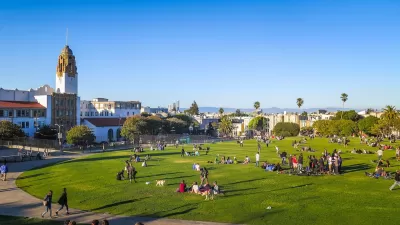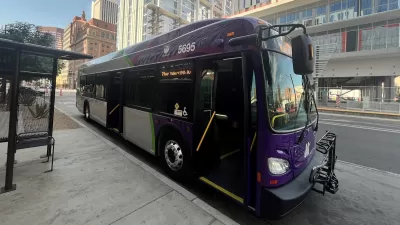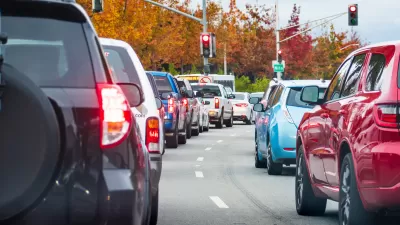Park agencies play an important role in decarbonization by creating and managing parklands, promoting sustainable practices, and engaging communities to combat climate change and enhance public health and biodiversity.

Decarbonization, the process of reducing carbon dioxide emissions, is crucial in combating climate change. Local park agencies play a key role in these efforts through their creation and management of parklands and promotion of sustainable practices. By harnessing their community influence, these agencies can drive progress toward a low-carbon future. Key strategies include transitioning to renewable energy, improving energy efficiency, adopting clean technologies, and implementing carbon capture and storage.
The importance of decarbonization cannot be overstated, as it addresses climate change mitigation, public health, biodiversity conservation, economic benefits, and energy security. Reducing greenhouse gas emissions helps slow global warming, improves air quality, protects ecosystems, creates job opportunities, and enhances energy reliability. Local park agencies, with their unique position and resources, are well-equipped to contribute to these goals.
Local park agencies contribute to decarbonization through various means. They enhance carbon sequestration by creating new parks, planting trees, and preserving natural areas, promote sustainable practices in park development and operations, and develop and maintain green infrastructure to mitigate urban heat island effects. Additionally, parks encourage active transportation modes like walking and cycling, which reduces reliance on motor vehicles and lowers carbon emissions.
Education and advocacy are also vital functions of park agencies. They can inform the public about the importance of decarbonization through community programs and campaigns, influencing policies and regulations that support sustainability. By prioritizing decarbonization, park agencies protect public health, conserve biodiversity, reduce operational costs, and set a positive example for communities, ultimately safeguarding natural environments for a sustainable future.
FULL STORY: Decarbonization and the Role of Local Park Agencies

Trump Administration Could Effectively End Housing Voucher Program
Federal officials are eyeing major cuts to the Section 8 program that helps millions of low-income households pay rent.

Planetizen Federal Action Tracker
A weekly monitor of how Trump’s orders and actions are impacting planners and planning in America.

Ken Jennings Launches Transit Web Series
The Jeopardy champ wants you to ride public transit.

California Invests Additional $5M in Electric School Buses
The state wants to electrify all of its school bus fleets by 2035.

Austin Launches $2M Homelessness Prevention Fund
A new grant program from the city’s Homeless Strategy Office will fund rental assistance and supportive services.

Alabama School Forestry Initiative Brings Trees to Schoolyards
Trees can improve physical and mental health for students and commnity members.
Urban Design for Planners 1: Software Tools
This six-course series explores essential urban design concepts using open source software and equips planners with the tools they need to participate fully in the urban design process.
Planning for Universal Design
Learn the tools for implementing Universal Design in planning regulations.
Ada County Highway District
Clanton & Associates, Inc.
Jessamine County Fiscal Court
Institute for Housing and Urban Development Studies (IHS)
City of Grandview
Harvard GSD Executive Education
Toledo-Lucas County Plan Commissions
Salt Lake City
NYU Wagner Graduate School of Public Service





























